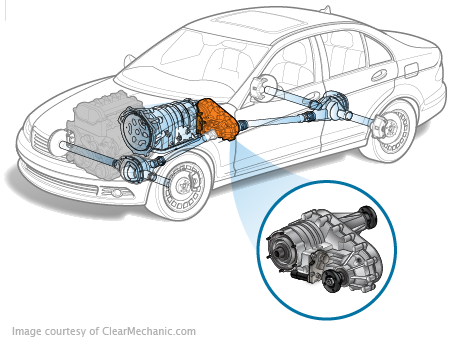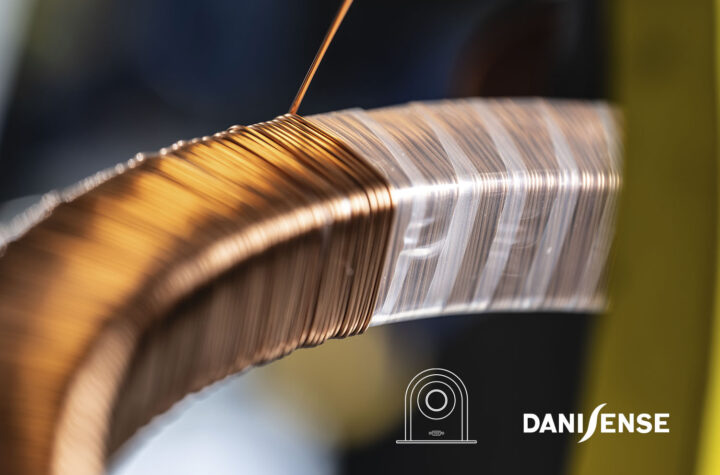
Netherlands-headquartered Basell Polyolefins is a global leader in the production of polypropylene and advanced polyolefins and is the largest manufacturer in Europe of polyethylene. Basell also has a leading position in the development, production and marketing of catalysts and is a global leader in the development and licensing of polypropylene and polyethylene processes.
Basell’s technological innovations include its proprietary Catalloy process, which enables tailored ingredient mixtures to be polymerized directly in-reactor. This is achieved through a patented gas-phase combination of monomers and catalysts. Resins produced with the Catalloy process have been used by designers to reduce weight, provide scratch-resistant dashboards and a broad range of soft and rigid bumper materials that meet current requirements on paintability, impact/stiffness balance and thermal expansion.
Automotive Industries spoke to Anton de Vries, president of Basell’s Advanced Polyolefins Division, and asked him about the future of nanocomposites and Basell’s strategy for its automotive business.
AI: How big is your polyolefin nanocomposite business vis a vis Basell’s other products? And by how much do you expect this to grow over the next few years?
De Vries: The use of nanocomposite compound for automotive applications has been very limited so far and we do not expect at the moment major changes in our business as a result of nano developments. In terms of what these compounds today cost versus what they bring in product property enhancement, the balance is still negative. There will need to be a major breakthrough in terms of costs to change this picture
AI: You have entered a number of strategic joint ventures around the globe for manufacturing and sales? Can you please explain Basell’s strategy and its benefits?
De Vries: In automotive we try to be present in all major markets where our larger customers have a presence. Therefore we have invested in China and will expand our presence there to keep up with a rapid increase in demand. We invested in Brazil in 2005 and will expand our capacity there this year. We are present in Thailand and India and we will continue to be present in the major car manufacturing regions of the world: Europe (including increased activity in Eastern Europe), the NAFTA region, where in particularly Mexico is showing rapid growth, and Japan.
AI: How important is the automotive segment in Basell’s overall scheme of things? Do you see this sector growing or decreasing in importance in the future and why?
De Vries: The automotive segment is very important to Basell. If we include our joint ventures and our position in HDPE fuel tanks, we supply over a million tons of product to this segment annually, making it one of the largest industrial application area that Basell has for its products. The car segment will remain a very important segment for Basell because of its strength in the important such as China, Eastern Europe (including Turkey) and Mexico. We will certainly participate in these areas.
The automotive segment is not an easy business to be in, however. Pressure on offering very cost-competitive and technically superior solutions to your customer is of prime importance, but we have been in automotive for many years and know what to do. In concert with the expansion of our business over the past few years, we have taken a lot of cost out via rationalization measures in those areas where growth potential is limited and we are convinced that our asset base ranks with the most competitive that you will find.
AI: Apart from nanocomposites, what are some of the other innovations your company is enthusiastic about?
De Vries: We see good opportunities for increased use of our Catalloy resins in the automotive segment with interest in low gloss, zero gap and soft touch characteristics. Our R&D centre in Ferrara, Italy has come up with a number of new resins in we are actively introducing these new resins in the marketplace.















More Stories
Bangkok International Motor Show 2025 – The Talk of Sensuous Automotive
Dry silicon composite by Blue Current is the next generation of battery technology
Battery Coating and the Impact on Charging Infrastructure for Electric Vehicles